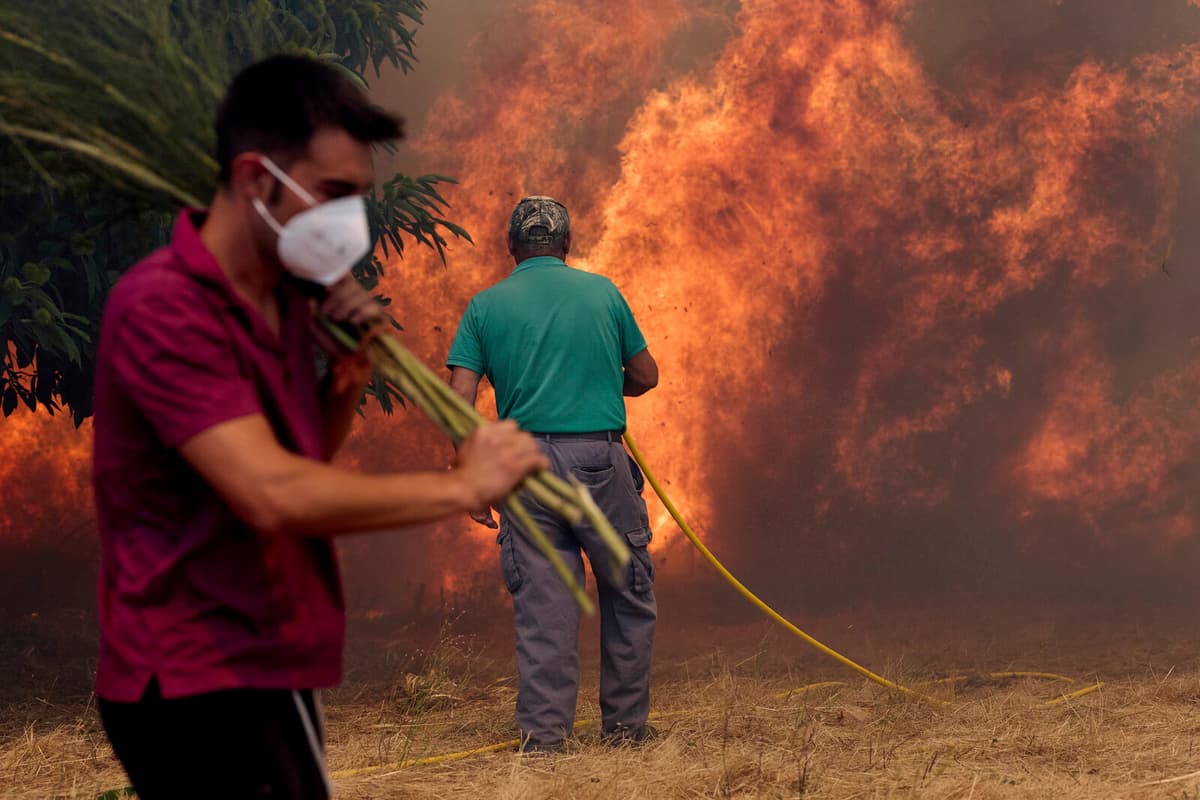During the summer, 640,000 hectares burned in Spain and Portugal, an area almost as large as Medelpad. At least eight people were killed and tens of thousands of people had to be evacuated.
The fires occurred when the region was hit by a heat wave, with temperatures partly over 40 degrees, which effectively sucked up all the moisture from the vegetation. In Spain, it lasted for 16 days with temperatures 4.6 degrees higher than normal for the period.
Additionally, it was windy, which made the fires spread quickly.
This type of extreme weather has become significantly more common due to climate change, World Weather Attribution (WWA) states in a rapid analysis.
WWA is a researcher network that investigates whether and, if so, how current weather conditions are affected by climate change.
Those that occurred in the region in August are now expected to occur every 15th year. In a world without human carbon dioxide emissions, they would have occurred every 500th year.
If you look at the ten hottest days during the period, they became three degrees warmer than they would have been without climate change, according to WWA.
"Hotter, drier and more flammable conditions become more serious with climate change and give rise to fires of unprecedented intensity", says researcher Clair Barnes at Imperial College London in a press release.






